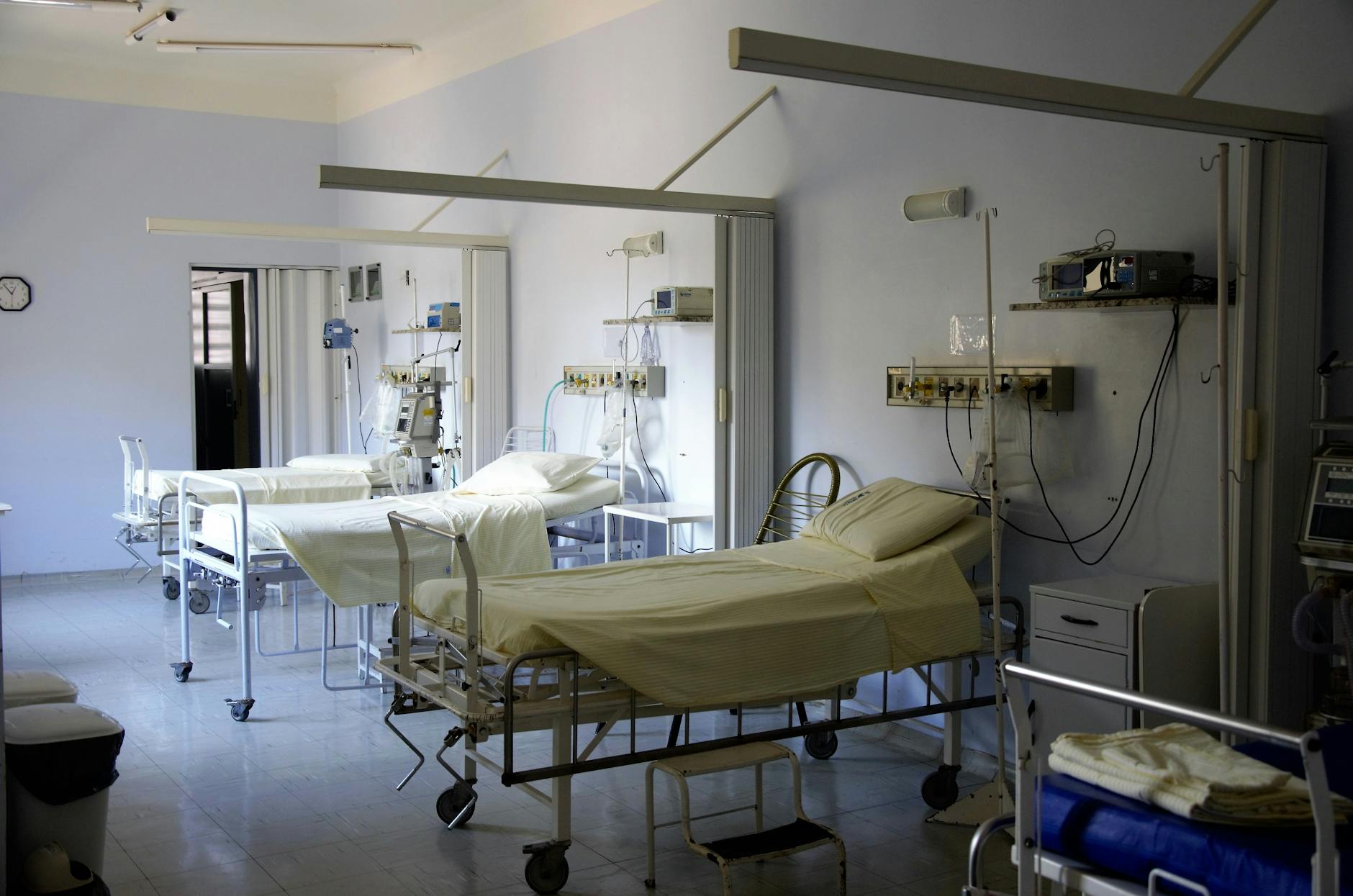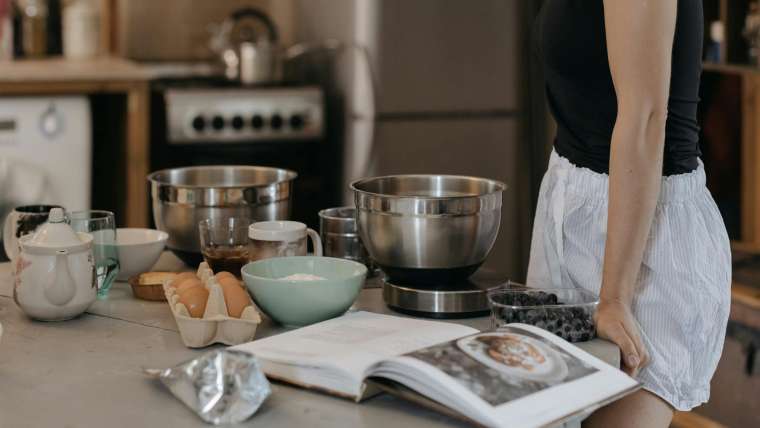Discover the ultimate guide to treating and preventing bacterial vaginosis with expert tips and natural remedies for a healthy vagina.
Table of Contents
Welcome to the ultimate guide to understanding and managing bacterial vaginosis. Often shrouded in misunderstanding and stigma, this common vaginal infection affects many individuals. In this comprehensive guide, we will delve into the causes of bacterial vaginosis, explore various treatment options, and discuss effective prevention measures to help you take control of your vaginal health.
Causes of Bacterial Vaginosis
Bacterial vaginosis occurs when there is an imbalance in the normal bacterial flora of the vagina. While the exact cause is not always clear, certain factors can increase the risk of developing this condition. These factors include:
- Sexual activity
- Douching
- Use of certain intimate hygiene products
- Hormonal fluctuations
- Poor hygiene practices
Treatment Options
When it comes to treating bacterial vaginosis, there are several effective options available. Your healthcare provider may recommend:
- Antibiotic therapy: Oral or vaginal antibiotics are commonly prescribed to eliminate the overgrowth of harmful bacteria in the vagina.
- Probiotics: These beneficial bacteria can help restore the normal flora in the vagina and prevent recurrences of bacterial vaginosis.
- Home remedies: Certain home remedies, such as apple cider vinegar baths or garlic suppositories, may provide relief from symptoms.
It is essential to follow your healthcare provider’s recommendations and complete the full course of treatment to ensure the infection is properly eradicated.
Prevention Techniques
Preventing bacterial vaginosis involves maintaining a healthy vaginal environment and reducing factors that can disrupt the natural balance of bacteria. Here are some preventive measures to consider:
| Treatment | Prevention |
|---|---|
| Antibiotics, such as metronidazole or clindamycin | Maintain good vaginal hygiene |
| Probiotics to restore healthy vaginal flora | Avoid douching and scented feminine products |
| Avoiding irritants such as perfumed soaps and bubble baths | Limiting the number of sexual partners |
| Eating a balanced diet rich in nutrients | Avoiding unprotected sex |
- Avoid douching, as it can disturb the vaginal flora.
- Practice safe sex by using condoms to reduce the risk of sexually transmitted infections.
- Avoid using scented intimate products, as they can irritate the delicate vaginal tissues.
- Opt for cotton underwear and avoid tight-fitting clothing to promote proper ventilation.
By incorporating these preventive techniques into your daily routine, you can help reduce your risk of developing bacterial vaginosis and maintain optimal vaginal health.
Conclusion
Armed with the knowledge provided in this ultimate guide, you are now equipped to tackle bacterial vaginosis head-on. By understanding the causes, exploring treatment options, and implementing preventive measures, you can take control of your vaginal health and reduce the impact of this common infection on your overall well-being. Remember, your healthcare provider is always there to support you and provide personalized guidance in managing bacterial vaginosis effectively.
Is bacterial vaginosis a sexually transmitted infection (STI)?
Bacterial vaginosis is not considered a traditional STI, but certain activities like unprotected sex can increase the risk of developing the condition. It is more of an imbalance in the vaginal flora rather than a direct result of sexual activity.
Can bacterial vaginosis go away on its own?
In some cases, bacterial vaginosis may resolve on its own without treatment. However, it is always recommended to seek medical advice for proper diagnosis and treatment to prevent potential complications or recurrences.
Can I use over-the-counter medications to treat bacterial vaginosis?
Over-the-counter medications may not be as effective in treating bacterial vaginosis as prescription antibiotics. It is essential to consult a healthcare provider for an accurate diagnosis and appropriate treatment plan.
Are there any natural remedies for bacterial vaginosis?
Some individuals may find relief from symptoms using natural remedies such as probiotics, boric acid suppositories, or tea tree oil. However, it is crucial to consult a healthcare provider before trying any home remedies to ensure they are safe and effective for your specific situation.





